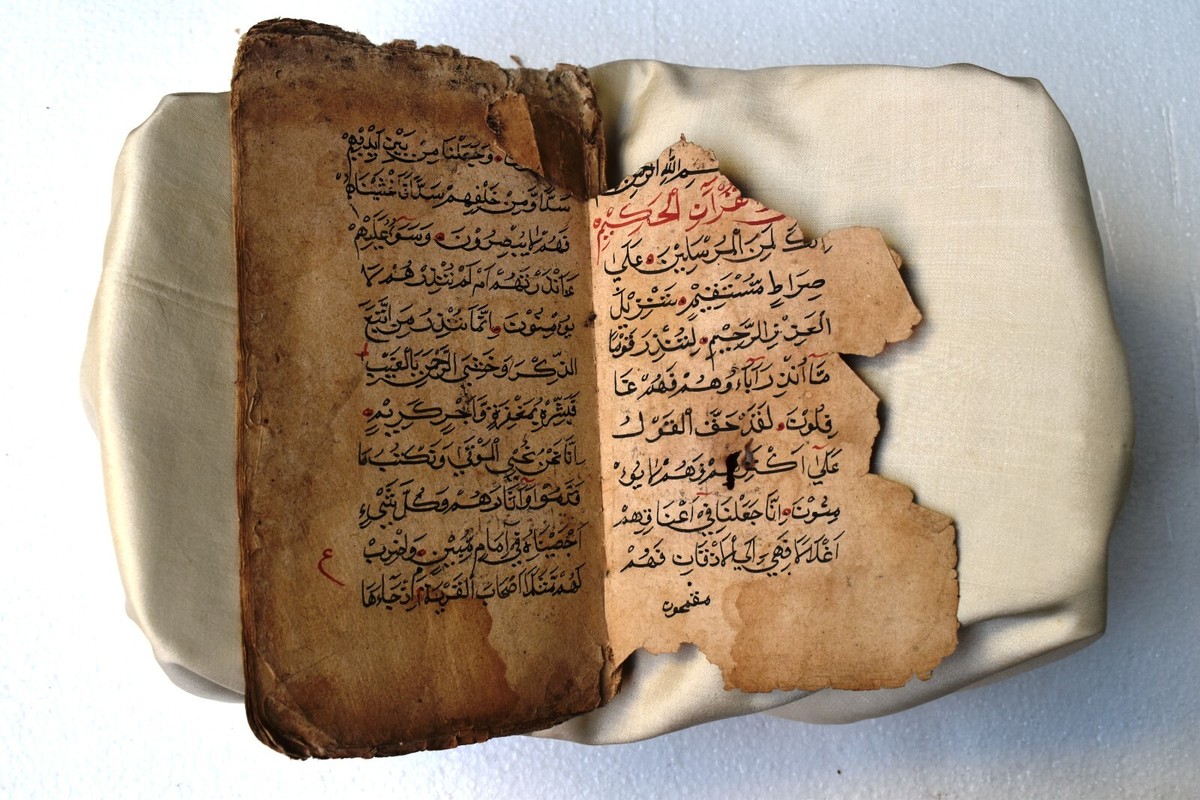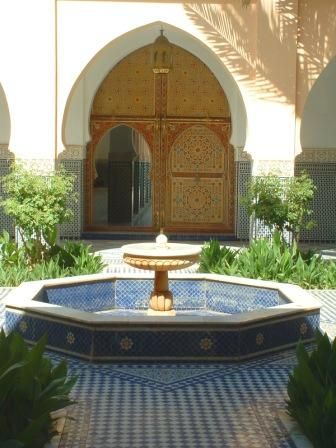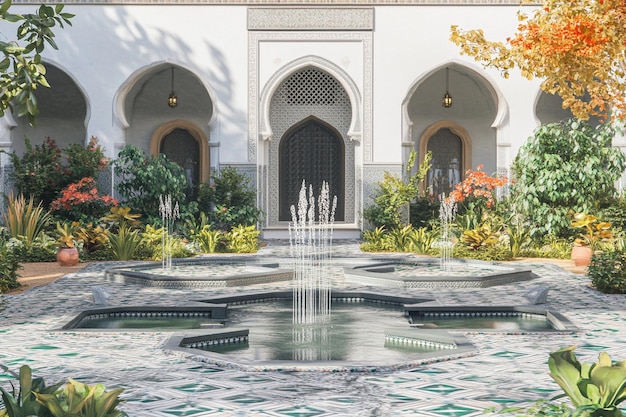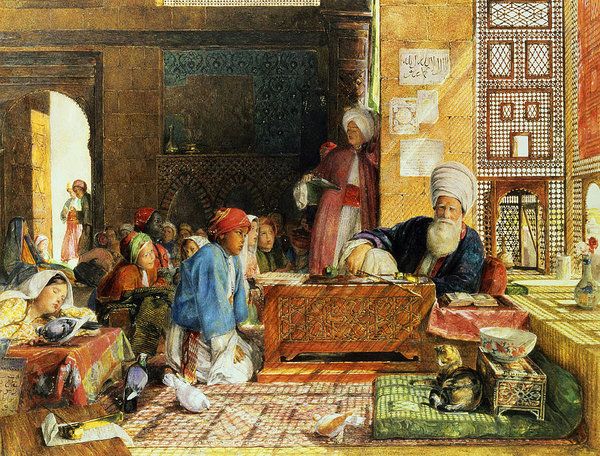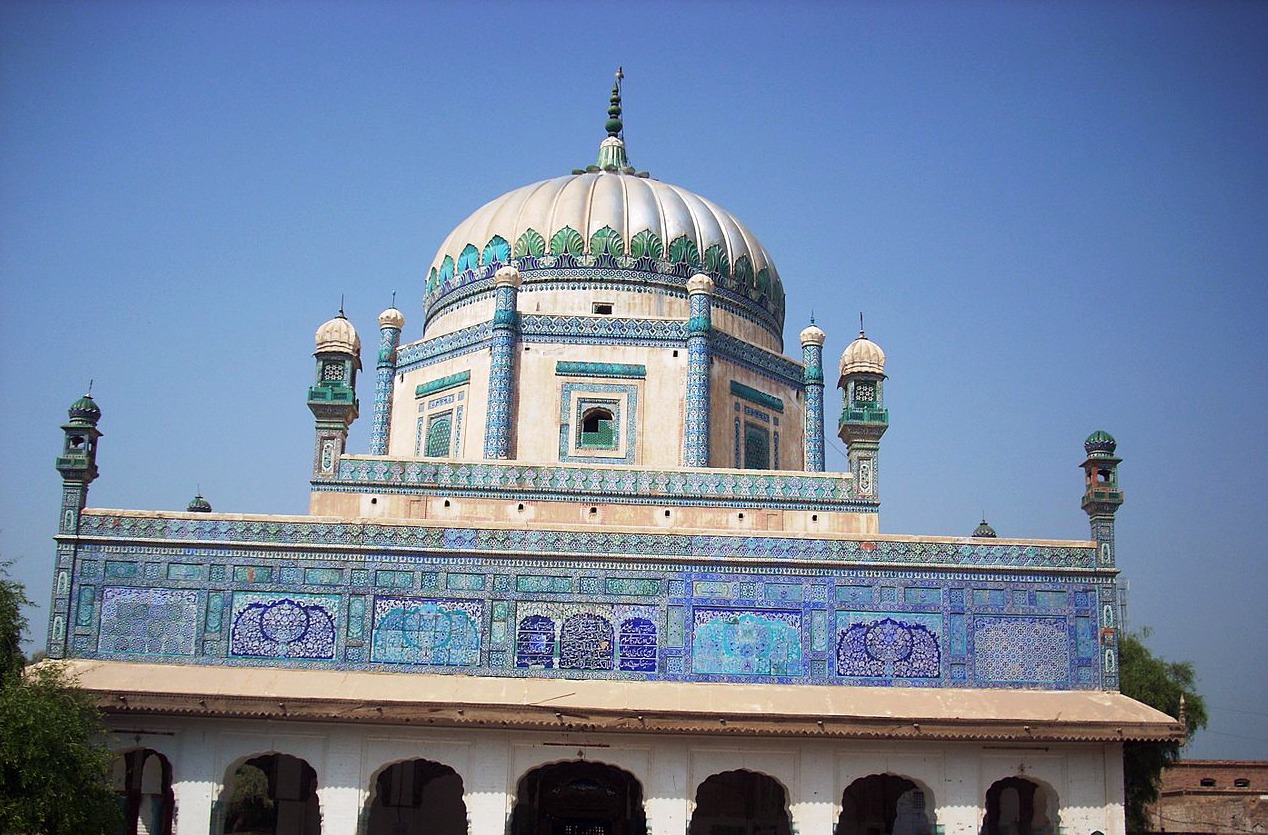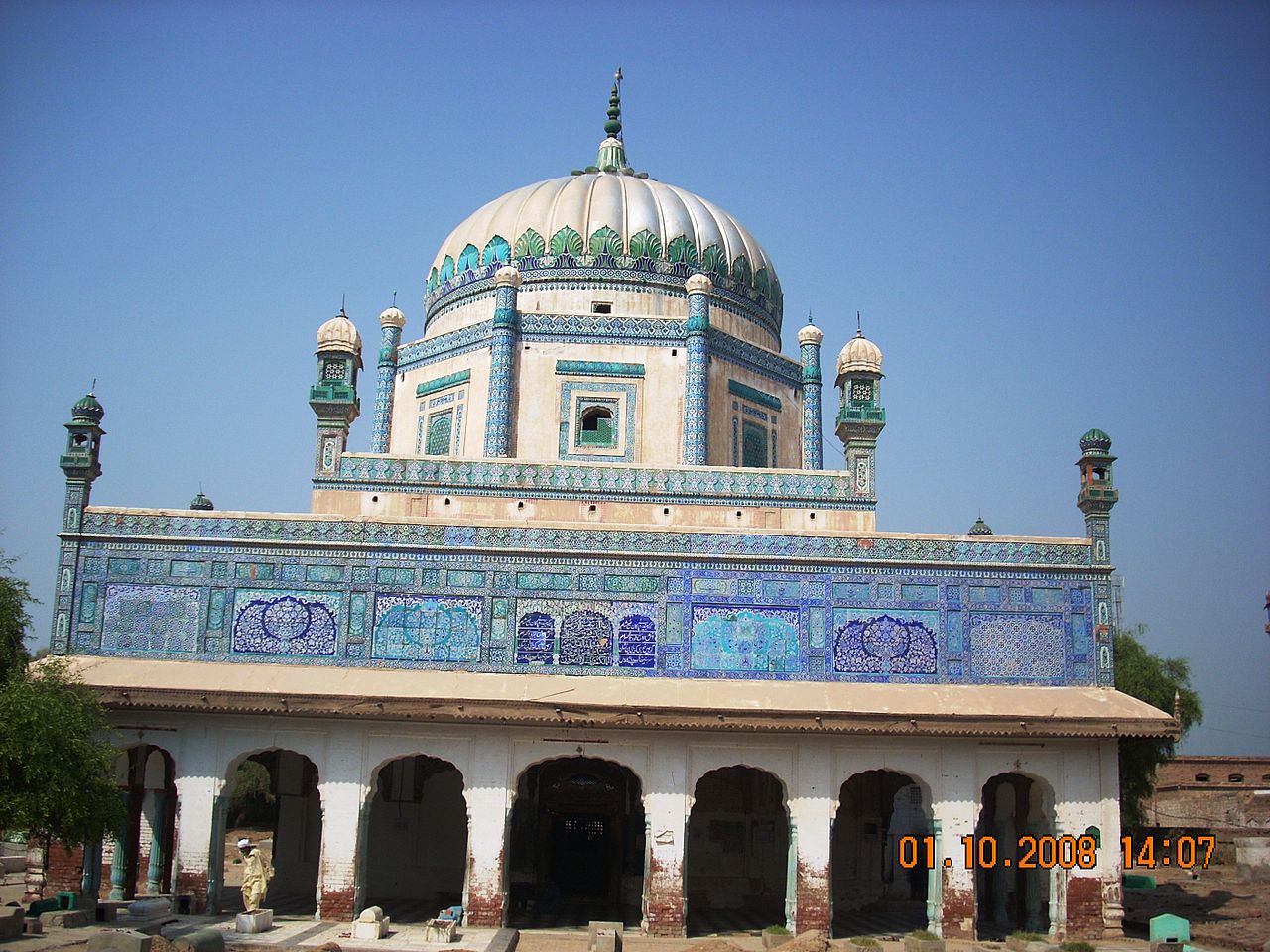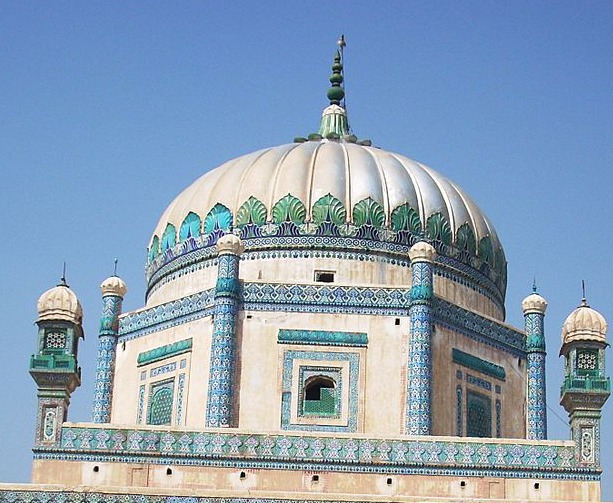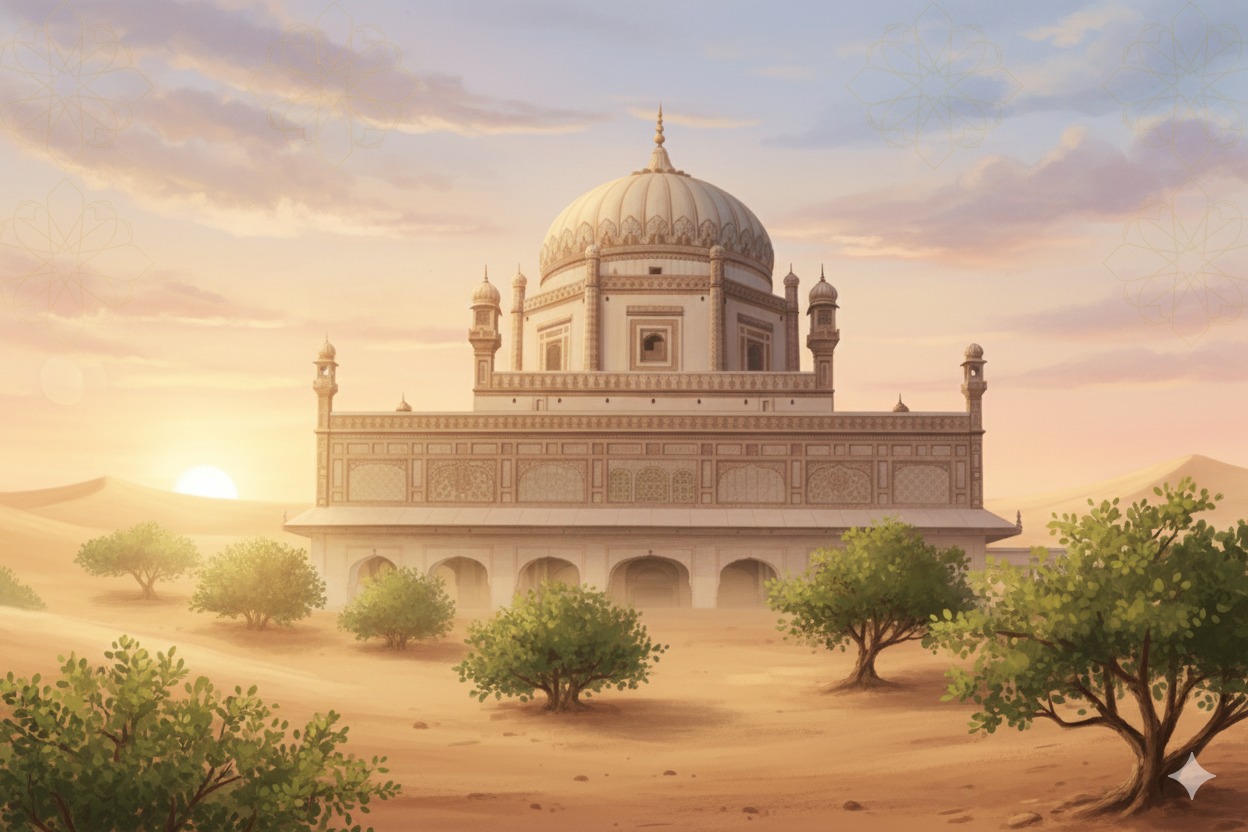Life & Legacy
Born 1173 CE in Kheror • Departed 1270 CE in Multan
Noble Lineage & Early Leadership
Born into the distinguished Qurashi Hashmi lineage in 1173 CE in Kheror, he carried the blessed heritage of Prophet Muhammad ﷺ through his maternal connection to Hazrat Syed Abdul Qadir Jilani. At the remarkable age of fifteen, following his father's passing, he assumed leadership of Kheror state, demonstrating extraordinary wisdom and administrative acumen that would define his life's mission.
Divine Calling to Multan
Impressed by his success in preserving faith and justice in Kheror, Sultan Shahabuddin Ghauri personally invited him to serve in Multan around 1192 CE. The city was then plagued by anarchy, moral decay, and the influence of the heretical Qaramatain movement. Over thirty transformative years (1192-1222), he systematically restored order, establishing Multan as a beacon of Islamic learning, ethical governance, and Sufi wisdom.
Founder of the Qadiriyyah
As the founder of the Qadiriyyah order in South Asia, he created a spiritual framework that emphasized direct connection with Allah, love for the Prophet ﷺ, and service to humanity. His teachings continue to guide seekers on the path of truth.
